Every salesman from Seth Godin to the guy at your local used car lot or Lexus dealership knows that one of the likeliest death knells for any prospective sale is signalled by these words from the buyer: “Let me think it over.”
eBooks are no different. While it is certainly true that the Kindle environment makes ebook purchases and downloads magically friction-free and convenient, that seamlessness does not turn Kindle owners into a nation of idiots.
For a whopping 88% of the 2,275 respondents in the Winter 2011 Kindle Nation Citizen Survey, “Let me think it over” translates into identification with the survey’s statement that “I frequently choose to delay purchasing an ebook that I want to buy if I think the price is too high.” 60% clicked “strongly agree” with the statement, and another 28% selected “agree.”
Those not coming down on the side of “wait-and-see” are a paltry 3% not sure about their actions, 4% who disagree and don’t delay, and another 4% who strongly disagree and pay up with abandon.
The DMZ no man’s land in the price struggles between publishers and readers is bordered by the $10 price line and the $12.99 price line, the survey suggests. In that range, 50% of survey respondents say they have paid the price occasionally for newly released titles. Some 8% “strongly agree” they have done so, while 42% “agree.” Some 46% disagree or strongly disagree; they haven’t flinched and paid. A neutral 4% sits in the middle.
So, half the respondents occasionally do pay from $10 to $13 dollars for an ebook, and just under half never do so. Cross the $13 parallel into more expensive waters, and things change dramatically, as shown a bit further below.
Whether large or small, traditional or indie, publishers and authors would do well to read between the lines here. For anyone with the sense to juxtapose these survey results with a look at the price composition of the Kindle Store bestseller lists, it becomes clear in a hurry that it is customers, not publishers, who are setting prices in the Kindle Store.
And any publisher or author who blows off the issue thinking the “delay” means the buyer will be back sooner or later needs to audit Business 101 next semester: You never recoup 100% of pushed-off sales.
Ominous news from the survey for big-league publishers and bestselling authors pushing higher prices are these figures from the survey: 76% of respondents say if “publishers keep charging higher bestseller prices, I’ll buy more backlist or indie titles.” To paraphrase the song, if you can’t be with the author you love, then love the one you’re with.
Once again, it’s worth a look at the composition of the Kindle Store bestseller lists: 18 of the top 50 bestselling titles in the Kindle Store are by indie authors, compared with zero just nine months ago when publishers were launching their ill-fated agency model price-fixing scheme. Those 18 indie titles will sell over a million Kindle copies this month alone, and those are a million copies that traditional publishers will never have a chance to sell again.
There’s no doubt readers are much more price conscious this year. “With recent ebook price controversies, I’ve become more price conscious,” is the statement presented in the survey. Some 83% subscribe to the statement, with 43% saying they “strongly agree” that they are more price conscious and 40% saying they “agree” that they pay more attention to prices. Only 8% say they are not more tuned into prices, with another 10% opting out of the question by saying they are “not sure.”
Additional data indicates a smattering of respondents are occasionally paying more than $9.99 for books. The survey statement was: “I didn’t think I would be willing to pay over $9.99 for ebooks, but I’ve been doing it at least twice a month.” Only 14% admit cracking against their resolve, with only 2% strongly agreeing that they pay more and 12% merely agreeing they do so.
Some 36% disagree, denying they pay over $9.99 and 39% strongly disagree with the statement. An unsure 12% sit in the middle. To sum that up, nearly 75% say—in this survey question at least—they are not paying over $9.99 “at least twice a month.”
Exceed the $12.99 ceiling for newly released titles and resistance stiffens. “I occasionally pay $13 or more for newly released ebook titles,” is the statement respondents were presented with. Only 3% “strongly agree”; 16% “agree”. That is a 31% fall off from the 50% who relented and paid in the $10 to $12.99 range. To sum it up, 74% hold firm and do not buy newly released titles priced over $12.99.
Even if the ebook is professional or technical in nature, price resistance over the $9.99 tag is strong. For those types of ebooks, only 6% strongly agree that they would pay the surcharge for the specialty ebooks, and only 15% agree. A large 24% are unsure, perhaps never faced with the decision. But 32% disagree, indicating they would not pay more, and 23% strongly disagree.

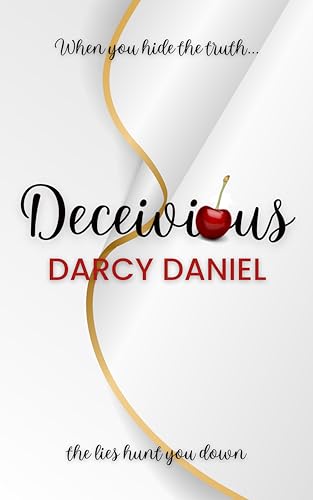
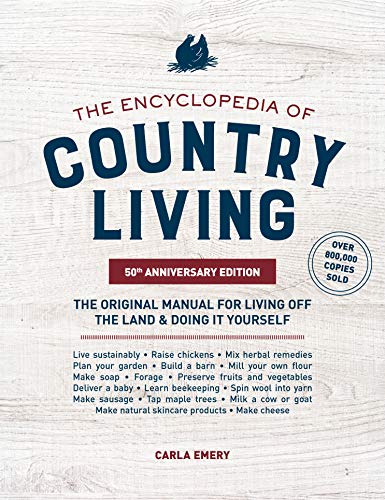
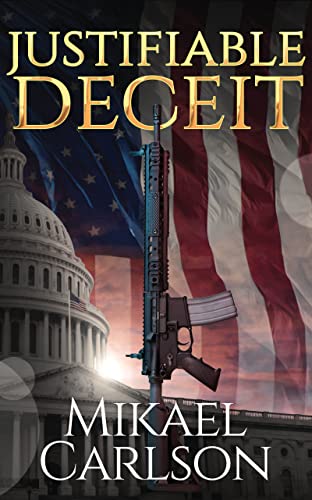

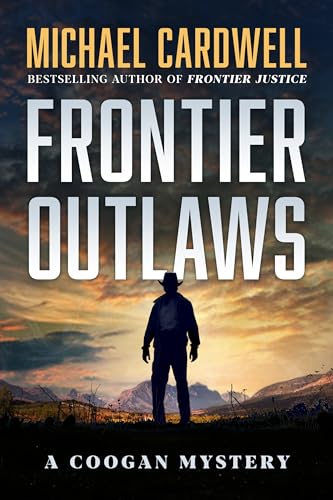
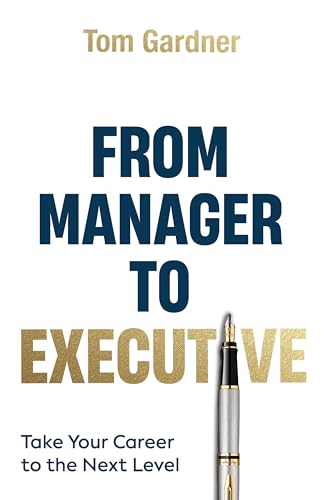
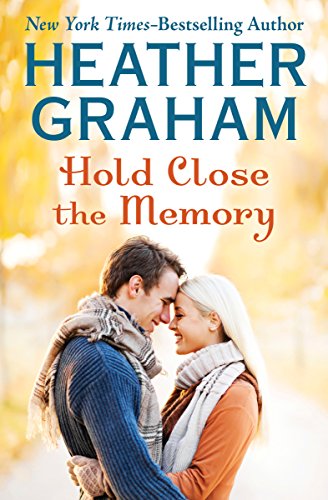
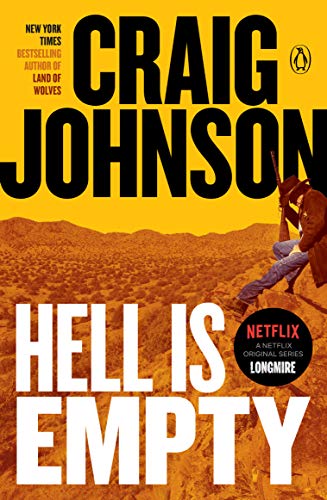
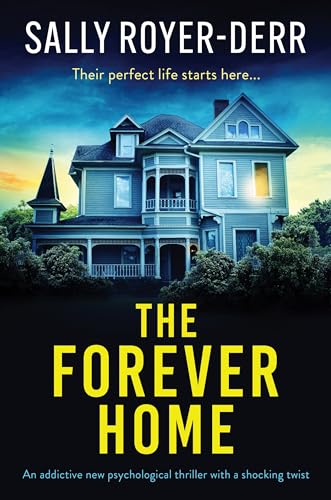


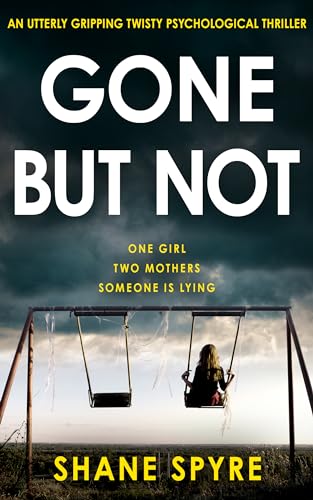

Winter 2011 Kindle Nation Citizen Survey Results: How Agency Model Publishers Are Killing Their Own Kindle Sales
(One of several Kindle Nation posts exploring the results of the Winter 2011 Kindle Nation Citizen Survey. Click here to see a breakdown of results.)
By Tom Dulaney, Contributing Reporter
eBooks are no different. While it is certainly true that the Kindle environment makes ebook purchases and downloads magically friction-free and convenient, that seamlessness does not turn Kindle owners into a nation of idiots.
And any publisher or author who blows off the issue thinking the “delay” means the buyer will be back sooner or later needs to audit Business 101 next semester: You never recoup 100% of pushed-off sales.
Once again, it’s worth a look at the composition of the Kindle Store bestseller lists: 18 of the top 50 bestselling titles in the Kindle Store are by indie authors, compared with zero just nine months ago when publishers were launching their ill-fated agency model price-fixing scheme. Those 18 indie titles will sell over a million Kindle copies this month alone, and those are a million copies that traditional publishers will never have a chance to sell again.
(One of several Kindle Nation posts exploring the results of the Winter 2011 Kindle Nation Citizen Survey. Click here to see a breakdown of results.)
Share via: